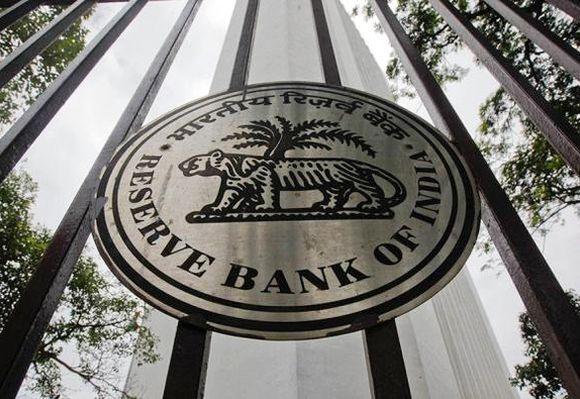 The Reserve Bank of India (RBI) is likely to keep monetary policy steady in June despite sluggish economic activity as inflation remains elevated, a Reuters poll showed on Wednesday.
The Reserve Bank of India (RBI) is likely to keep monetary policy steady in June despite sluggish economic activity as inflation remains elevated, a Reuters poll showed on Wednesday.
In his fight to lower stubbornly high inflation, RBI chief Raghuram Rajan has hiked interest rates three times since he took office in September, surprising markets on two of those occasions, even as economic growth slowed to decade-low rates.
Although the threat of a below-average monsoon in coming months is expected to fan price pressures, all but three of the 52 economists polled on May 15-27 predicted the RBI would hold fire when it meets on June 3.
One economist expected a 25 basis point increase and the remaining two expected a cut.
The central bank will keep its repo rate unchanged at 8.00 percent until at least January, the poll showed, while the cash reserve ratio won't be changed until October 2015 at the earliest - the end of the forecast horizon.
The poll also suggested the RBI's next move will be a cut to support the economy - but not until early next year.
"We believe that the RBI will continue its close vigil (on inflation) before accommodating growth considerations," said KK Mittal, managing director at Venus Capital.
With the landslide general election win for the Narendra Modi-led Bhartiya Janata Party, which is widely considered more business-friendly, economists said the worst may be over for the economy. The BJP's victory has fuelled expectations that New Delhi will not have trouble passing key pro-growth reforms after years of policy paralysis.
The poll of 48 economists predicted Asia's third-largest economy grew 4.8 percent in the three months to March compared with the same period last year, up from 4.7 percent in the previous quarter.
"We expect real GDP growth to remain modest, due to ongoing weakness in the manufacturing and mining sectors, as well as general softness in wholesale and retail trade," wrote Rahul Bajoria, an economist at Barclays, in a note.
"However, we think India's growth has bottomed and will recover modestly over the coming four to six quarters."
Private business surveys showed Indian factory growth showed no signs of acceleration in April amid tepid demand, while activity in the services sector contracted for a 10th straight month, albeit at a slower pace.
In anticipation of a BJP election win, investors' confidence in Indian assets revived, leading to a rally in shares and the rupee.
But despite the market euphoria, economists cautioned inflation, high borrowing rates, weak industrial output and subdued demand are among the main economic risks facing the new government.
"Budget, growth, current account deficit and fiscal management would be the major issues. Priority for Modi would be to improve growth environment and provide a platform by easing out various bottlenecks," said Mittal.
(Polling by Ishaan Gera and Shaloo Shrivastava)












 © 2025
© 2025